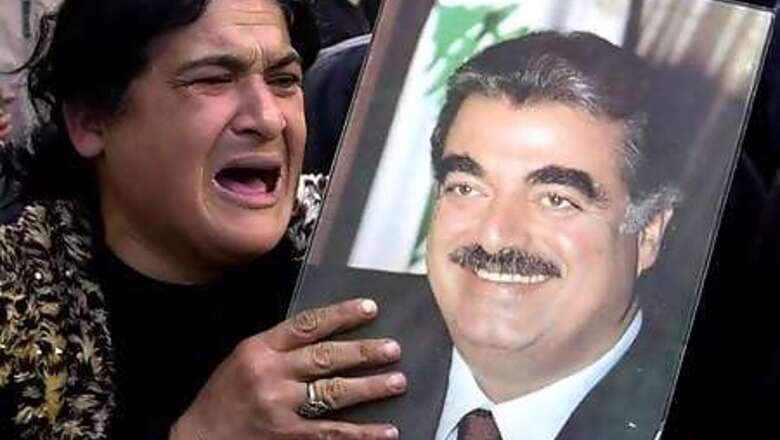
views
THE HAGUE Judges at The Special Tribunal for Lebanon are due to give their verdict on Tuesday in the trial of four men accused over the 2005 Beirut bombing that killed former Lebanese Prime Minister Rafik al-Hariri and 21 others.
Hariri, a Sunni Muslim billionaire seen as a threat to Iranian and Syrian influence in Lebanon, had close ties with the United States, Western and Sunni Gulf Arab allies opposed to Iran’s expanding role in Lebanon and the region.
Here is a look at the tribunal and the defendants.
TRIBUNAL
The Special Tribunal for Lebanon is an international court set up jointly by the United Nations and Lebanon to try suspects in the 2005 bombing and other political killings in Lebanon around the same time. Tuesday’s verdict will be the first since its creation.
DEFENDANTS
The defendants, being tried in absentia, are Salim Jamil Ayyash, Hassan Habib Merhi, Assad Hassan Sabra and Hussein Hassan Oneissi. All are members of Hezbollah, the Iran-backed Lebanese Shi’ite group. All are charged with conspiracy to commit a terrorist attack, while Ayyash is charged with committing a terrorist act, the homicide of 22 people, and the attempted homicide of 226. The others are charged as accomplices. Hezbollah denies involvement in killing Hariri, a Sunni.
UNKNOWN WHEREABOUTS
The defendants’ whereabouts are not known. They are not in custody and have not participated in their trial, though judges ruled they are aware of the charges against them. The defendants have not appeared or spoken in public since the trial started, nor communicated with the court-appointed lawyers representing them. If they do show up at any time during the case they have the right to a retrial or appeal.
PROSECUTORS
Prosecutors, led by Canadian Norman Farrell, allege that Ayyash was central to the planning and the execution of the assassination. The men are also accused of preparing a false claim of responsibility to deflect blame. Prosecutors say the men, as Hezbollah supporters, may have been motivated by a desire for Syrian involvement in Lebanon to continue, a policy “which Hariri threatened”.
EVIDENCE
During the 2014-2018 trial judges heard from 297 witness. Prosecutors presented what they call a “mosaic of evidence” mostly based on mobile phone records. Prosecutors say the pattern of phone calls shows the men were observing Hariri in the months before his assassination, and that they helped to coordinate and time the attack.
DEFENCE
Lawyers for the accused men say there is no direct evidence linking their clients to the mobile phones identified by the prosecution. They have asked for acquittal.
VERDICT
Tuesday’s ruling will decide only whether the four accused have been proven guilty beyond a reasonable doubt. If they are convicted, sentencing hearings would be held later. They could face a maximum sentence of life.
HAGUE COURT
In 2009 the U.N. established the court in Leidschendam, a suburb of The Hague, Netherlands, which houses numerous international courts, to ensure it could operate securely and independently. The “hybrid” court’s rules are based on Lebanese criminal law and international law, and judges are a mix of Lebanese and international magistrates.
Disclaimer: This post has been auto-published from an agency feed without any modifications to the text and has not been reviewed by an editor













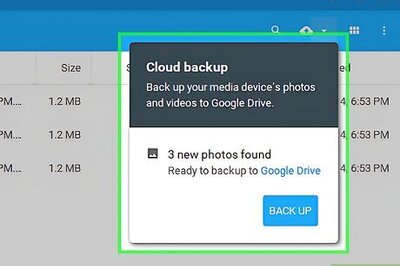
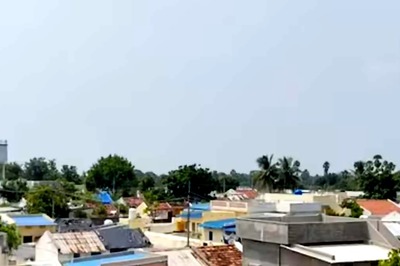


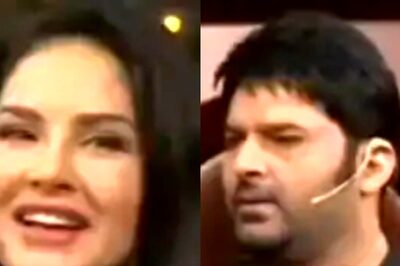
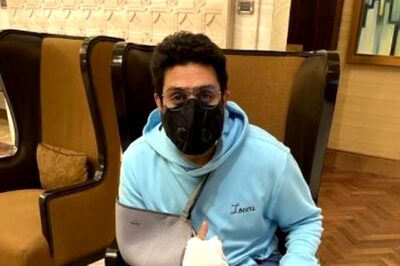
Comments
0 comment